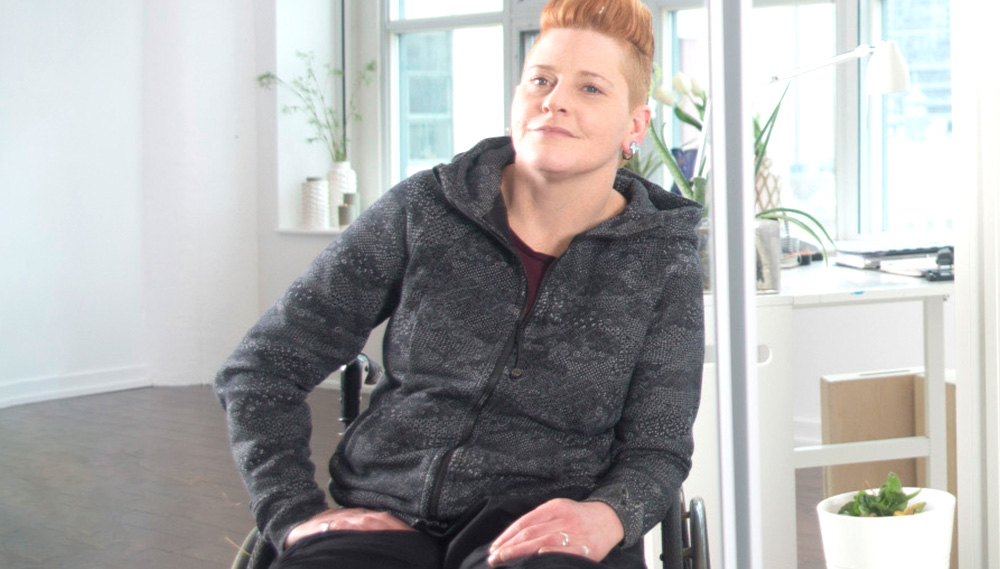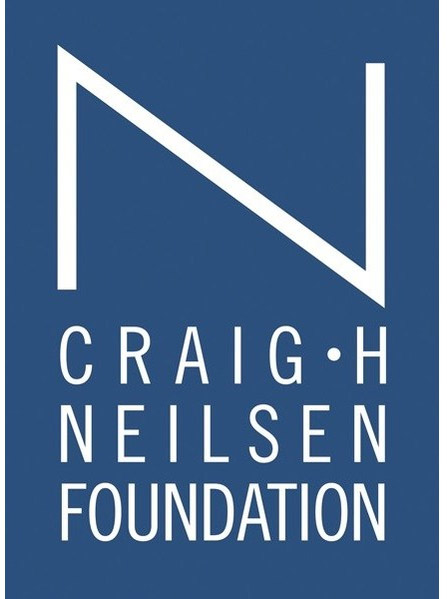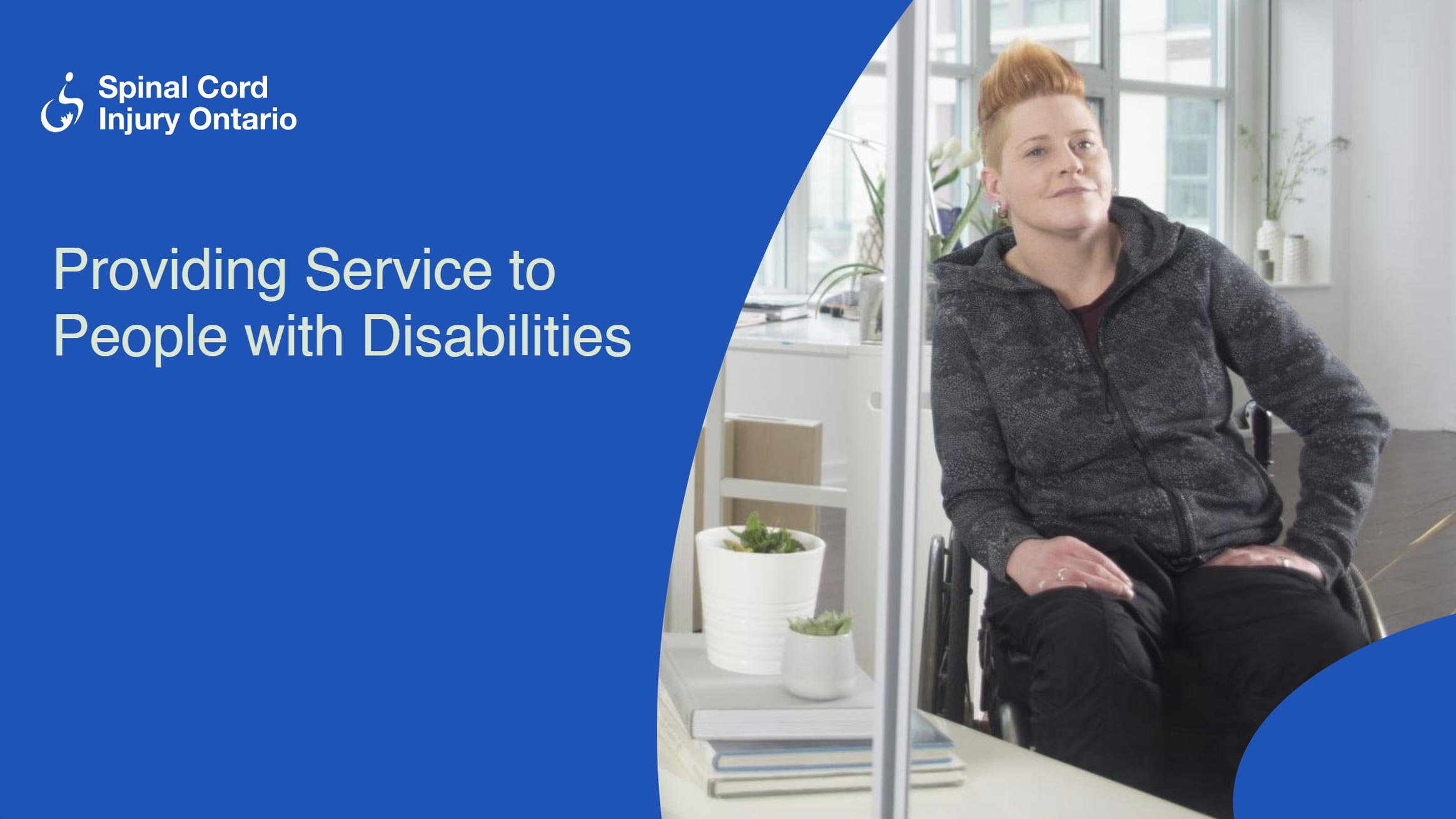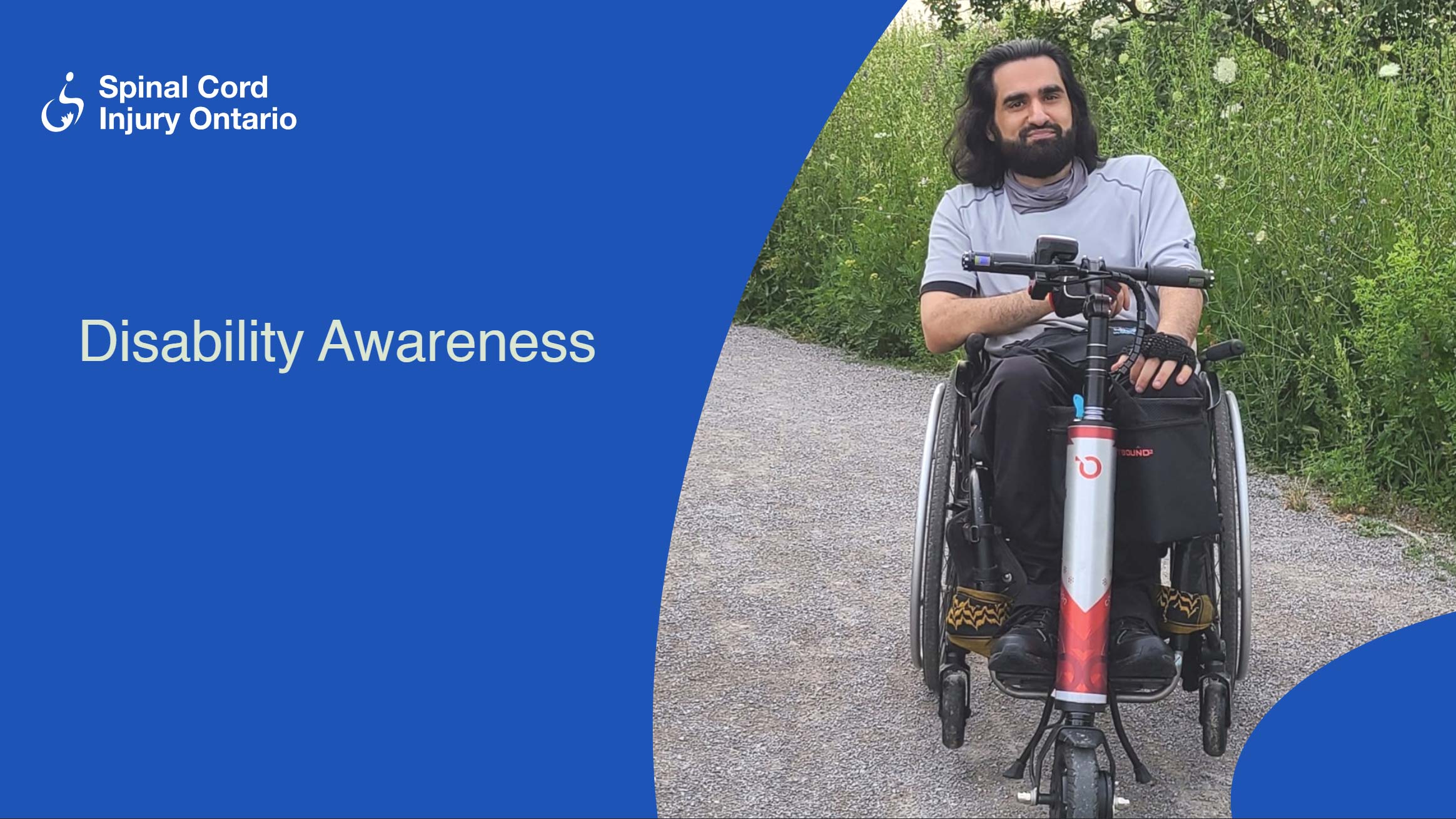Pressure injuries are a health concern for many people with spinal cord injuries and other disabilities. As we age, our level of mobility and overall health may go through some changes, which can increase the risk of pressure injuries. However, with the right knowledge and resources, the risk of sustaining pressure injuries can be minimized.
No one wants to develop a pressure injury. They are usually preventable, but small problems can get worse very quickly. We have created some resources to help you and your healthcare team stay aware and work together to keep your skin healthy. Whether these are new info or a refresher, we hope they help you protect your skin.
The following four courses are designed to help you manage pressure injuries from early prevention to treatment.
Pressure injuries (also called bedsores, decubitus ulcers, pressure sores or pressure ulcers) can seriously affect people who are living with a spinal cord injury and others who use wheelchairs for daily living. We wrote this guide to explain:
- What pressure injuries are
- How to prevent them
- How to best treat them if they occur
- How to talk to your health care team about your skin health.
Click here to access the guide
Click here to access the infographic
The updated and translated version of this guide was created with the support of a grant from the Craig H. Neilsen Foundation to Spinal Cord Injury Ontario.
Pour lire le Guide des lésions de pression en français, veuillez cliquer ici
Pour lire l'infographie en français, veuillez cliquer ici
La version mise à jour et traduite de ce guide a été créée grâce au soutien d'une subvention de la Fondation Craig H. Neilsen à Spinal Cord Injury Ontario.








